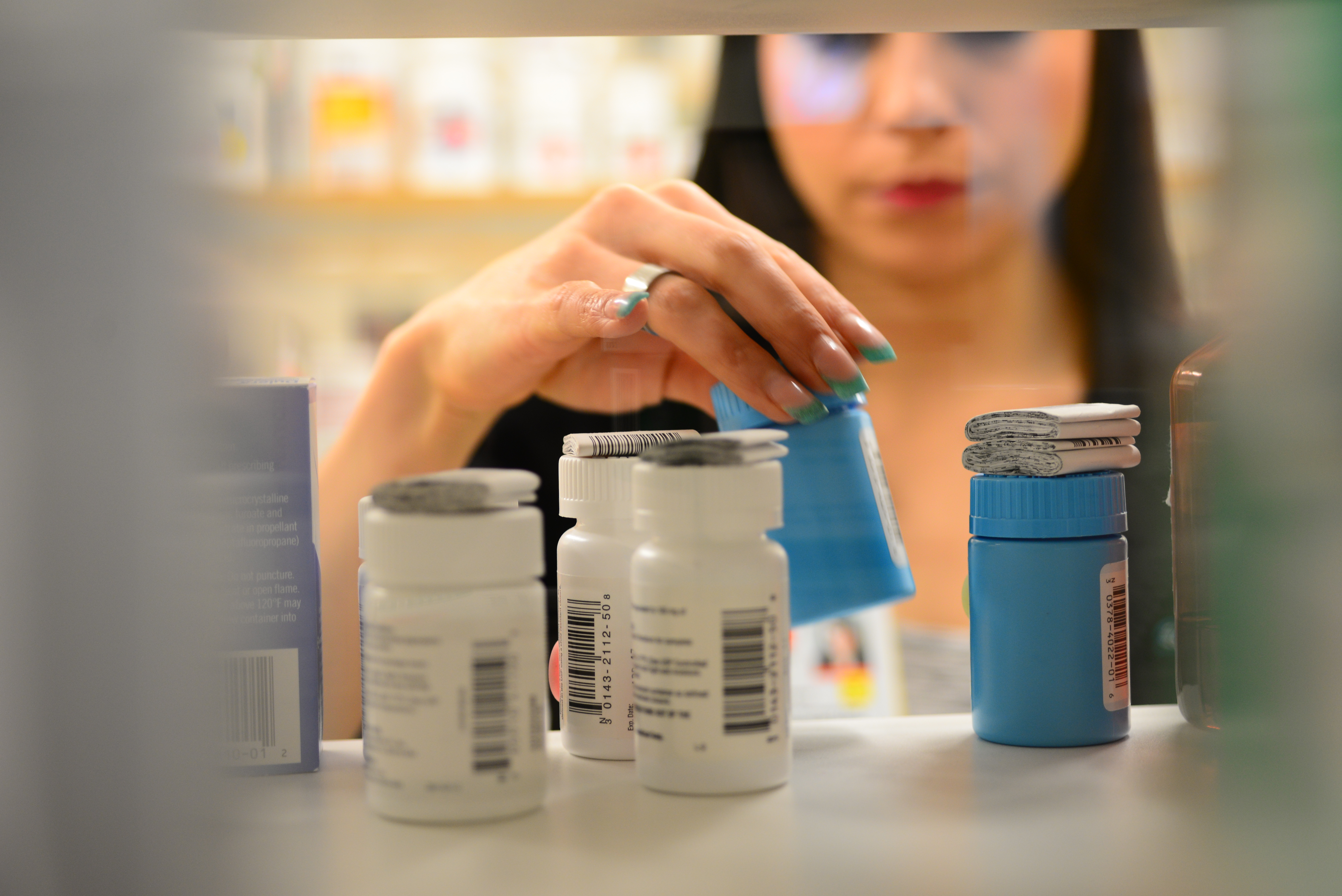Food is so much more than just calories. Your food carries messages for health and wellness that help regulate all functions within the body. Adding in high quality supplements and vitamins is also important before pregnancy.
Your body needs a lot of nutrients to grow a whole new person! A wholesome, plant-rich diet and high-quality prenatal vitamins are important for your baby’s health, and yours, too.
Start with a WHOLESOME diet
You are what you eat! Eating a wholesome, plant-rich diet will give you many of the vitamins and minerals you need for everyday health. Quality of the food choices and nutrient density are foundational to a thriving human.
During pregnancy, your body needs a little boost. Every day, try to eat a variety of healthy foods.
- When looking at your plate, try to make sure 75% of it is plant-based: vegetables and healthy fruits.
- Eat healthy fats with every meal, such as avocados, nuts and olives—this will be satisfying.
- Drink plenty of water!
- For sugar, choose limited amounts of honey, coconut sugar, monk fruit or whole-plant stevia. Avoid all high-fructose corn syrups, artificial sweeteners and refined white and brown sugars.
Eat real, whole food. These you can find in the periphery of most grocery stores. Avoid processed foods, cereals and “energy bars.”
|
Food Type |
Examples |
How Much |
Why It's Good for You |
|
Fruit |
Strawberries, blueberries, blackberries, avocado |
2-3 portions per day |
Many fruits are rich in phytonutrients, which are powerful antioxidants. They also contain potassium, fiber, folate and vitamin C. |
|
Vegetables |
Peppers, cucumbers, tomatoes, kale, onions, broccoli |
9-12 portions per day |
Vegetables are rich in vitamins, minerals phytochemicals and provide fiber, calcium, protein, iron, potassium and vitamin K. |
|
Whole grains, beans, nuts and seeds |
Raw almonds, pecans, chia seeds, hemp seeds, black beans, lupini beans, quinoa, buckwheat |
3-4 portions per day |
Whole grains, beans and nuts contain fiber, zinc, iron and B vitamins. |
|
Lean proteins |
Farm-raised chicken, grass-fed beef, wild salmon, sardines, anchovies, free-range eggs |
3-4 portions per day |
Proteins are a rich source of B vitamins, iron and zinc. |
|
Dairy & Non-Dairy |
Whole-fat milk, cheese, non-sweetened yogurt |
4 portions per day |
Dairy can provide magnesium, vitamin B12, vitamin D and calcium. |
|
Healthy drinks |
Water (less soda)
|
8-12 servings a day |
Stay hydrated throughout the day without adding too many extra calories. |
Prenatal vitamins are important for your baby’s health, and yours, too. Your body needs a lot of nutrients to grow a whole new person! Prenatal vitamins—along with a healthy diet—help ensure you both get the nutrition you need.
What's in the best prenatal vitamins?
There are plenty of prenatal vitamin supplements on the market. How do you pick the best prenatal vitamin for you?
The best choice is not always the most expensive brand. Look for one that includes these important vitamins, minerals and nutrients.
Folic Acid
It’s the most important nutrient in a prenatal vitamin. It can significantly decrease the risk of neural tube defects like spina bifida. Look for a minimum of 400 mcg (micrograms). Your doctor may recommend up to 800 mcg or 1 mg (milligram) if you have epilepsy, obesity or other health complications. Many patients will need a methylated folate, or methylfolate, especially patients with MTHFR mutation.
Iron
Iron helps carry oxygen to your organs and tissues, and during pregnancy you need an extra dose for a total of 27 milligrams a day, which is present in most prenatal vitamins, according to the American Congress of Obstetricians and Gynecologists (ACOG).
Calcium
It helps support baby’s bone development (and prevent osteoporosis in the mother). Most prenatal vitamins contain some calcium, but you’ll need to get more from your diet. Aim for a total of 1,000 mg a day.
Vitamin D
This vitamin supports calcium in helping the baby’s bones and teeth develop. It’s also important for your skin and eye health. Your body makes some of its own vitamin D, when a healthy amount of sunlight touches your skin. Look for a prenatal vitamin with at least 400 international units (IU) of vitamin D. You need a total of 600 IU each day during pregnancy.
DHA
DHA is an omega-3 fatty acid that helps our brains function at their best. To support baby’s brain development, aim for 800 mg of DHA daily. Depending on your health needs, your provider may write you a prescription for omega-3s. Other foods such as chia seeds and hemp seeds are also rich in omega-3 fatty acids.
Your OB/Gyn Provider Can Help
You may need more or less of a certain vitamin or mineral. Ask your doctor or midwife to help you choose the best prenatal vitamin for you. If you need a prescription for folic acid, iron, omega-3s or another nutrient, we can prescribe easy-to-take supplements that meet your needs.
If you have questions, please call us or schedule a prenatal visit. We are here to help you have a safe, healthy pregnancy.

